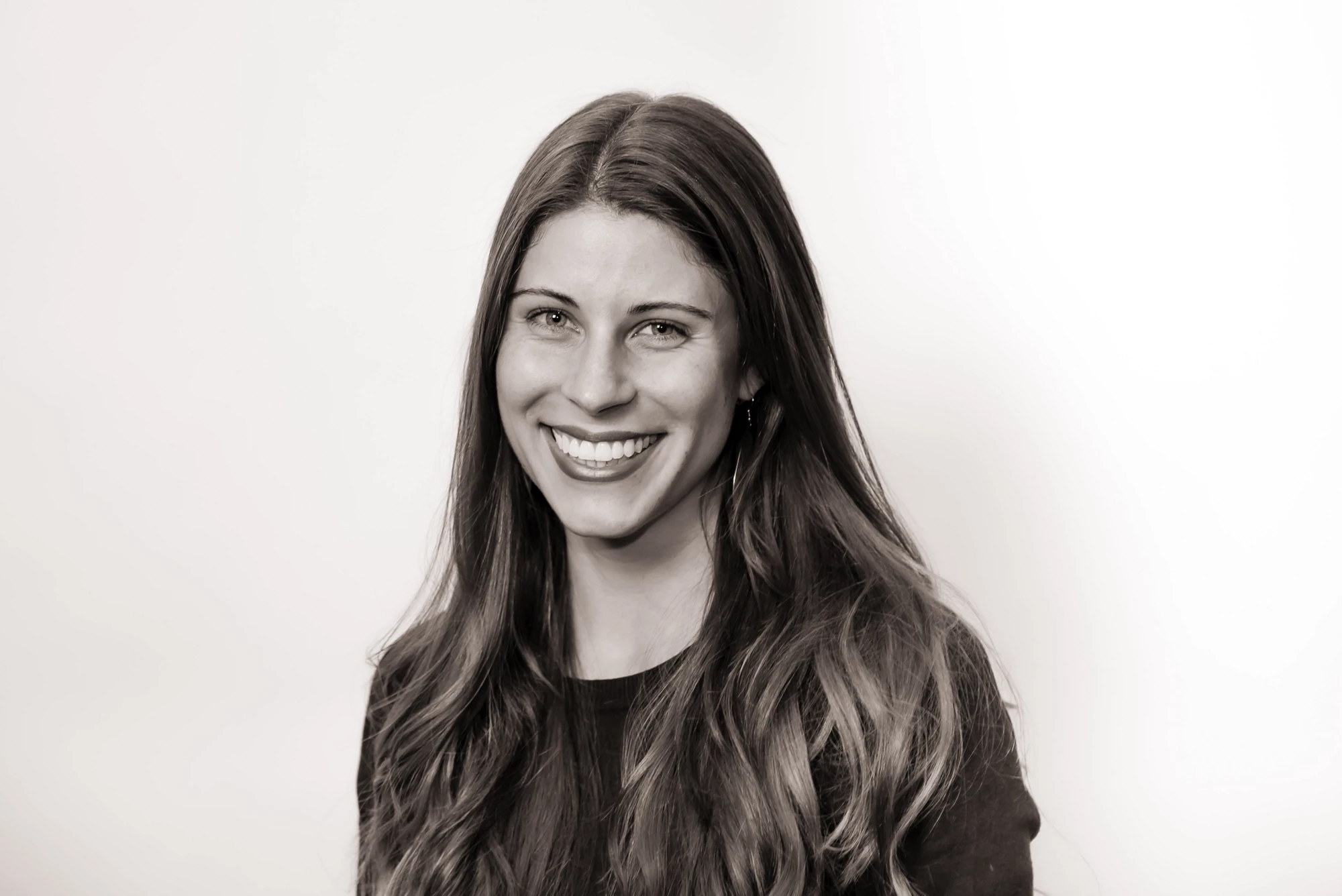2016 has become the year for water. From the World Economic Forum, COP22, to the Budapest Water Summit, water has been widely acknowledged as a key to achieving the Sustainable Development Goals, and essential to the climate change solution.
Here are the defining moments of 2016 that put water security and sustainability on the global agenda like never before:
January - At the World Economic Forum in Davos in January 2016, United Nations Secretary-General Ban Ki-moon and World Bank Group President Jim Yong Kim announced their intentions to form a High-Level Panel on Water to provide the leadership required to champion a comprehensive, inclusive and collaborative way of developing and managing water resources, and improving water and sanitation related services.
February – A new study found that the total cost of providing water, sanitation and hygiene (WASH) services to meet the SDG water and sanitation targets is estimated at around $114 billion per year – three times the current investment levels. In addition to money, the study says strong institutions, accountability, and mechanisms that turn investment into effective services for people who need it, are also critical.Ban Ki-moon gathers heads of state for political response to water scarcity https://t.co/YWE5lrgoCd #wef2016
— Development Pros (@GuardianGDP) January 25, 2016
March – The Government of India and the World Bank signed a US$1.5 billion loan agreement for the Swachh Bharat Mission (SBM) Support Operation Project to support the Government of India in its efforts to ensure that all citizens in the rural areas have access to improved sanitation, with a focus on changing behavior and eliminating the practice of open defecation by 2019.New | Study assesses global costs of meeting #WASH-related targets of #SDGs: https://t.co/68qpuAzd4H | #SDG6 #goal6 pic.twitter.com/ysyy3U8ovC
— World Bank Water (@WorldBankWater) February 12, 2016
April – The UN Secretary-General and the World Bank Group President appointed members of the High-level Panel on Water. The Panel, which was launched at the World Economic Forum in Davos in January, aims to mobilize effective action to accelerate the implementation of Sustainable Development Goal 6 (SDG6).#India: @WorldBank to support GOI initiative to end #opendefecation by 2019 https://t.co/MA9JI5JsoJ #SwachhBharat pic.twitter.com/n8sMtA0WVj
— World Bank Water (@WorldBankWater) March 30, 2016
May – A groundbreaking report – High and Dry: Climate Change, Water, and the Economy, was released. It provides economic evidence to make a clear link between water, climate change, and fragility, and is helping to shape the future of the climate agenda.Presidents of #Mauritius and #Mexico named co-chairs of High-level Panel on #Water: https://t.co/To1W8PplFv #goal6 pic.twitter.com/CfIC37dlWQ
— World Bank Water (@WorldBankWater) April 25, 2016
June – New tools were launched to diagnose the status of fecal sludge management and to ensure follow through of adequate sanitation measures. Fecal sludge management is a neglected but crucial part of urban sanitation. In many cities, the emptying, conveyance, treatment, and disposal of fecal sludge has largely been left to unregulated, private, informal service providers.#Climatechange + #WaterScarcity may cost regions up to 6% of GDP by 2050. New report: https://t.co/gXbTjxN7Uk pic.twitter.com/UfupdSlJBy
— World Bank (@WorldBank) May 9, 2016
July – The World Bank approved funding for an emergency project to support Yemeni households and communities hard hit by the ongoing crisis. The project aims to preserve the basic services including water in Yemen, which was already among countries facing the most serious water shortages before the war. Since the war began, water has stopped flowing into people’s homes altogether, forcing communities to fall deeper into crisis.Fecal sludge management is a neglected, but crucial part of urban sanitation. Tools to guide FSM decision-making: https://t.co/we6TUEtk4Y
— World Bank Water (@WorldBankWater) July 6, 2016
August – The global water community gathered in Stockholm for World Water Week 2016. This year’s theme, “Water for Sustainable Growth,” came at a critical time, as the world is mobilizing to achieve the Sustainable Development Goals (SDGs), in which water plays an essential part.NEWS: US$50 Million grant to help communities and institutions in #Yemen cope with the conflict https://t.co/fnbGdwjcUy
— World Bank MENA (@WorldBankMENA) July 19, 2016
September – At the 12th Meeting of the International Water Resource Economics Consortium (IWREC), the largest gathering of the world’s water economists, the underlying theme was to look at issues more comprehensively in terms of water security, and make efforts to better identify and assess linkages to other sectors and issues.What are the challenges & opps of investing in #watersecurity? Discuss w/ us at #WWWeek: https://t.co/7nI71DmeR0 pic.twitter.com/losjQ6irwy
— World Bank Water (@WorldBankWater) August 31, 2016
October – On the International Day for the Eradication of Poverty, World Bank Group President Jim Yong Kim made a historic visit to Bangladesh to celebrate the country’s determined and sustained efforts to end extreme poverty. The country has made incredible development progress, including increasing access to safe water supply and hygienic sanitation for more people.#Water economists gathered to discuss role of #watersecurity in sustainable development. Read more: https://t.co/pvj4azd0bO #IWREC #SDGs pic.twitter.com/ShxE6ufBTi
— World Bank Water (@WorldBankWater) September 27, 2016
November – In a first for United Nations climate change conferences, a special day was devoted to action on water issues. Stakeholders gathered at COP22 in Marrakech, Morocco to spotlight water as a way of providing solutions to help implement the Paris Agreement.Addressing #Bangladesh's challenges with #water safety and quality of #sanitation coverage: https://t.co/33Al8b2wXm #ProsperBangladesh #SDG6 pic.twitter.com/3zKKZzNnjE
— World Bank Water (@WorldBankWater) October 17, 2016
December – Finding solutions to the vital challenge of financing the world’s water infrastructure needs was at the center of the discussions at Budapest Water Summit 2016, organized by the Hungarian Government in cooperation with the World Water Council. Around 1800 participants from 117 countries attended the Summit.Now: #COP22 becoming the COP for #water, as we put water at heart of #climatechange agenda at the Global #ClimateAction Dialogue on #Water pic.twitter.com/9VnQoWIU9z
— World Bank Water (@WorldBankWater) November 9, 2016
At #BWS2016, #HLPWater issued a #calltoaction for countries to fund sustainable solutions to meet the #SDGs https://t.co/ZbUq5kByEc
— World Bank Water (@WorldBankWater) December 9, 2016



Join the Conversation